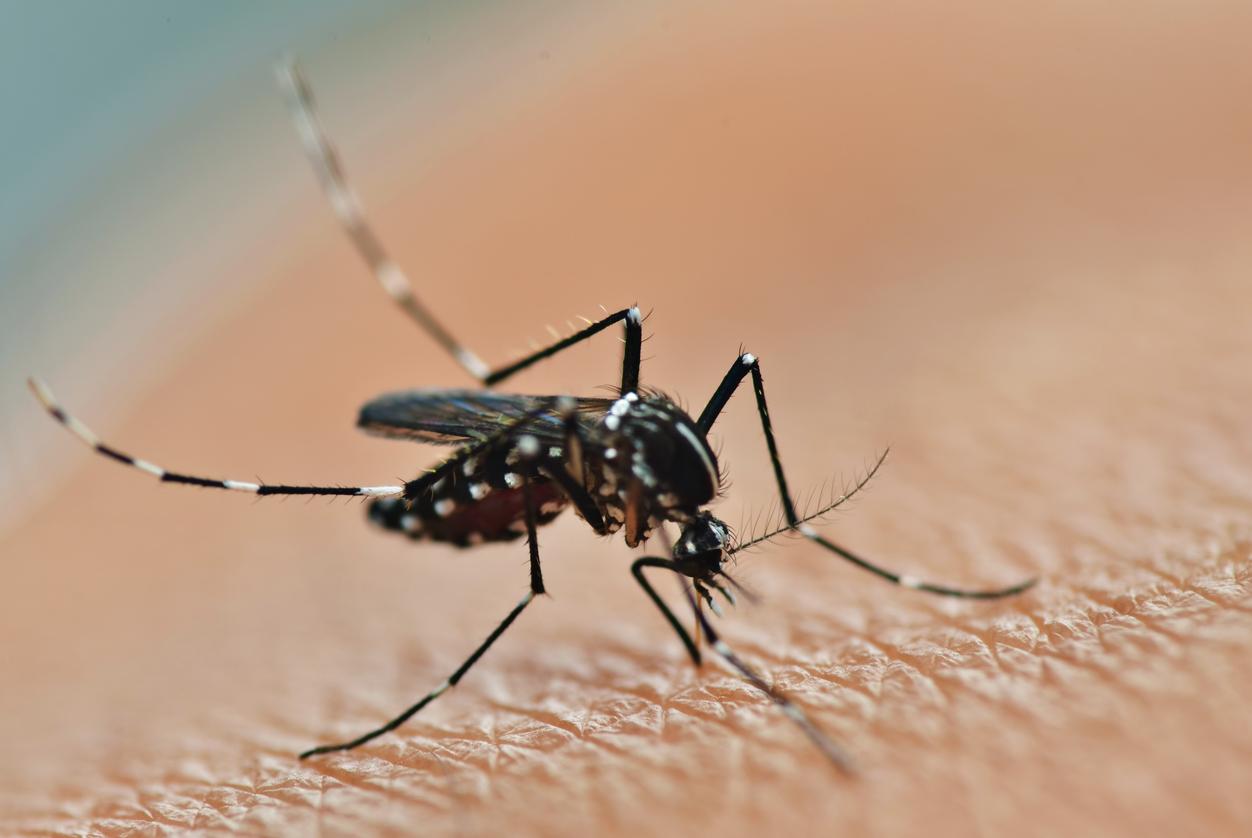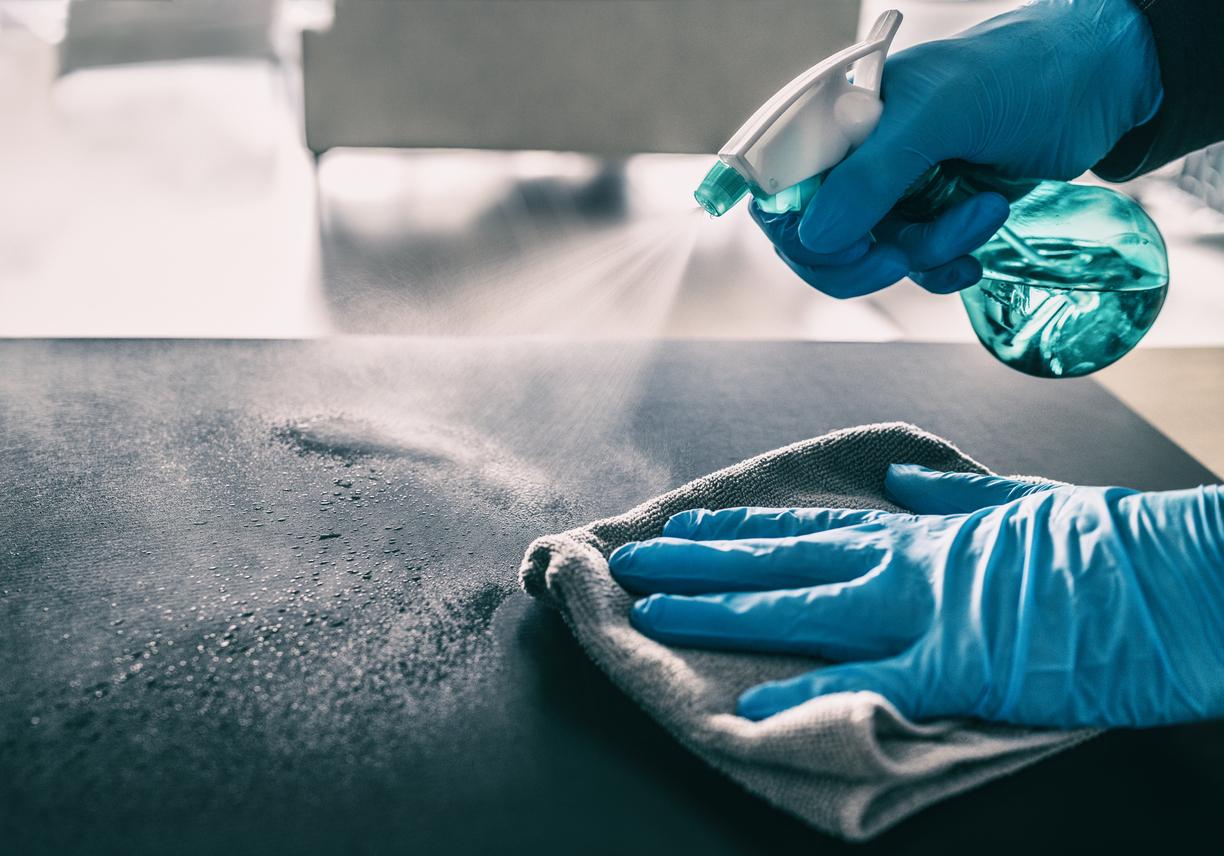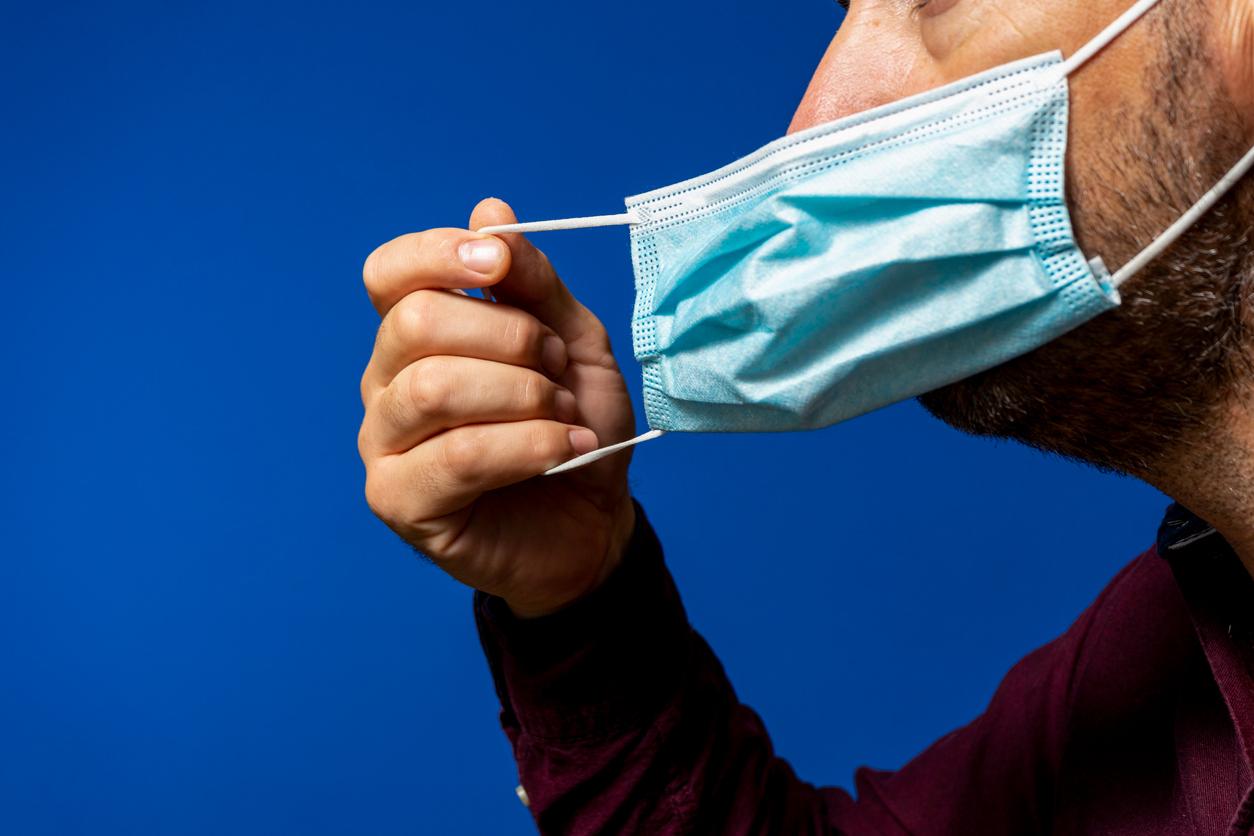On the occasion of World Handwashing Day, we remind you how to wash them well and why it is essential. Especially during an epidemic, even if this hygiene measure must be permanent.

- Washing your hands is essential to protect yourself from contagion
- Washing with soap should last at least 30 seconds
- A survey shows that the practices in force since the start of the health crisis have become less systematic
As the President of the Republic recalled last night in his television interview, regular hand washing with soap and water is essential to fight against germs and viruses (in particular the flu and Covid-19).
How to wash your hands ?
Wash, with soap, the palm, the back of the hand, the fingers and their interstices; make the wash last at least 30 seconds; rinse with clear water and if possible lukewarm; dry with a clean towel or disposable paper*.
When to wash your hands?
Washing hands is particularly recommended before preparing meals, eating, taking care of a baby or an elderly person and cleaning a wound. This barrier gesture must also be done after coughing, blowing your nose, going to the toilet, opening a door, touching shared objects (computers, telephones, etc.) or petting an animal.
Why wash your hands?
If infectious agents are everywhere, hands and nails transmit 80% of microbes and viruses (flu, coronavirus, etc.), because we bring them mechanically to the mouth.
According to an Ifop study carried out for the soap brand Unbottled and published this Thursday, October 15, fewer French people than in the spring systematically wash their hands on returning home (63% in October, compared to 75% in July and 86 % in March), before eating (65% in October against 81% in March) or after blowing your nose (37% in October against 56% in March).
*Source: https://www.cieau.com.

.

















